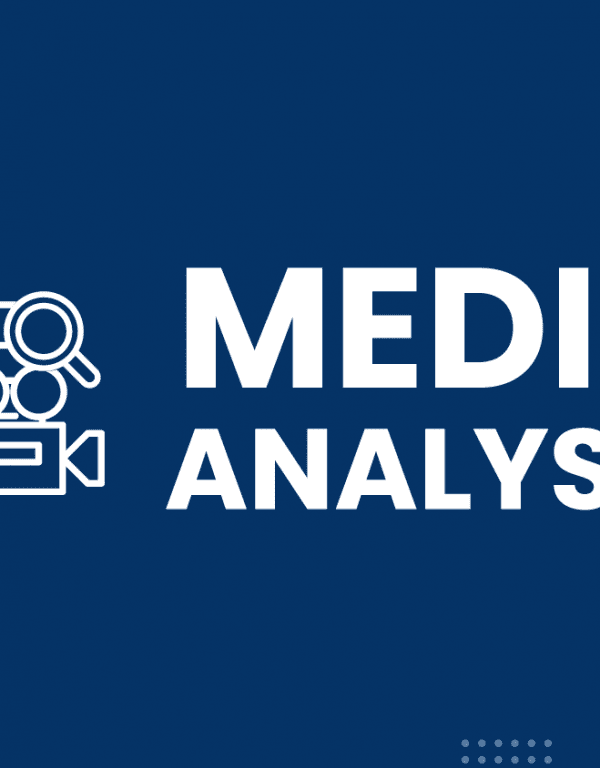
Remember Red Herring? It was a hot must-read dot-com-era publication that did not fully survive that era. At least the print edition did not survive. An online version continues to operate.
In cleaning out some old file drawers — remember paper? — I tossed out a lot of old clips. One I looked at on its way to the blue recycle bin was a “Top 10 Trends 2001” article from Red Herring. (Is it worth noting that Red Herring itself no longer hosts that page?)
The pace of technology has been fierce over the past decade. (In 2000, an article offering tips on how companies should explore using the Internet noted that technology is “likely to continue to evolve in the next few years” — ya think?) Even as Red Herring’s editors said they were going out on a limb in some cases, here are some key predictions:
- Venture capital. Bricks and mortar retailers are upstaging dot.com startups left and right, forcing venture capitalists to return to basics. New business models don’t cut it anymore. Innovation, management, and focus on real products, revenues, and profits will. 2011: Actually, new business models still generate excitement, even ahead of revenue (I’m talking to you, Groupon, Twitter, Airbnb and a cast of too many others to name. I’m not saying they’re not going to generate profits, just that there’s a lot of interest despite not being profitable.
- Wireless. The advent of products using Bluetooth (a short-range wireless protocol) will create a raft of related startup companies.2011: Bluetooth is useful when you need hands-free capability to call people when driving or connecting to your iPad, but it’s not as important as it was perceived to be in 2001.
- Government. The Internet is a global network with no master and continues to grow in power, usefulness, and importance. Governments will join together to regulate it. 2011: Rather missed this one, I think.
- Energy. Fuel cells will finally make their way into homes, businesses, and automobiles, reducing our reliance on oil.2011: Give this partial credit. Fuel cells have become more mainstream, but we have yet to reduce our reliance on oil.
Actually, the got some other things right, including the impact of decoding the human genome to impact the way news drugs are developed and that the debate over intellectual property intensified. In 2011, it’s also access to content like movies and music, which seems to controlled by a few sources.
Because we generate our own annual list of trends and predictions, we know how tough it can be to come up with interesting trends. But for me, the look forward from 2001 was worth the detour to look back from the vantage point of 2011 to see how much our technology focus has changed.



